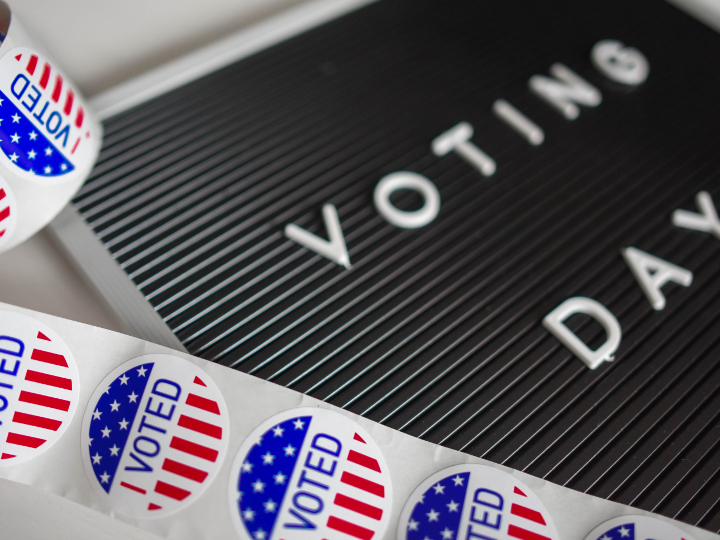
A majority of Texas voters support making it easier to register to vote, and almost half say the state should allow any registered voter to cast their ballot by mail. But a survey by the Hobby School of Public Affairs at the University of Houston also found almost 60% of voters are worried about fraud in connection with mail-in ballots.
Republicans were nearly three times as likely to be concerned about fraud as Democrats – 83% of Republicans were concerned, compared with about 30% of Democrats.
The COVID-19 pandemic is also top-of-mind for many voters. Respondents who had participated in early voting reported high confidence in safety precautions at their voting locations, with 66% rating it as safe as or safer than a trip to the grocery store. More than half said they waited in line 15 minutes or less, while about 15% said they waited more than an hour.
“A number of bills dealing with proposed voting reforms are likely to be filed in the next legislative session,” said Kirk P. Watson, founding dean of the Hobby School. “This survey offers insight into what reforms are broadly supported by Texans. We found wide support for making it easier to register to vote, for example.”
The poll of likely voters in Texas was conducted Oct. 13-20, and more than 40% of respondents had already voted. The full report is available on the Hobby School website.
Studies have shown that things like online registration, automatically registering people to vote when they renew a driver’s license and allowing people to register on the spot on Election Day all can increase voter participation. Texas requires in-person registration to be completed 30 days before an election.
Texas also limits voting by mail to people 65 and older, those with an illness or disability and those who will be out of the county on Election Day. About 30% of people surveyed who had or planned to vote by mail said they would do so to reduce the risk of contracting COVID-19; 31% said they did so for convenience. (While fear of contracting the virus is not considered sufficient to allow younger voters to vote by mail, those 65 and older may do so for any reason.)
Overall agreement on some proposed reforms was high, but Mark P. Jones, a research associate at the Hobby School and political science professor at Rice University, said researchers found stark partisan and generational splits.
“Democrats are twice as likely as Republicans to support online voter registration, for example, with 88% of Democratic support and less than 45% from Republicans,” Jones said. Support from Independents fell in the middle.
Almost 80% of Democrats support allowing any registered voter to vote by mail; just 17% of Republicans agree, he said.
Renée Cross, senior director at the Hobby School, said researchers also found generational differences, with younger voters far more supportive of proposed reforms. “Millennials and members of Generation X and Generation Z strongly support four of the five election reforms we presented, while the Silent Generation and Baby Boomers oppose four of the five reforms,” she said.
“Majorities across all generations support online voter registration, but even then, the level of support is quite different, with younger voter support reaching a high of 74.5%, compared with about 59% among older voters,” Cross said.
In addition to Watson, Cross and Jones, researchers on the project include Jim Granato, associate dean at the Hobby School; Pablo M. Pinto, director of the Center for Public Policy at the Hobby School; Hobby research associate Savannah Sipole; and post-doctoral fellows Yewande Olapade and Agustín Vallejo.
The survey of 1,000 registered voters was conducted by YouGov for the University of Houston Hobby School of Public Affairs. The survey has a margin of error of +/- 3.1%.
An analysis of voters’ preferences in races including the 2020 presidential race and U.S. Senate race, along with favorability ratings for top-of-the-ticket candidates, was released earlier this week and is available here.